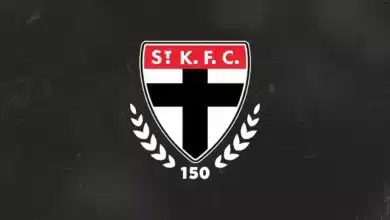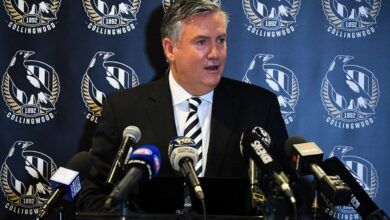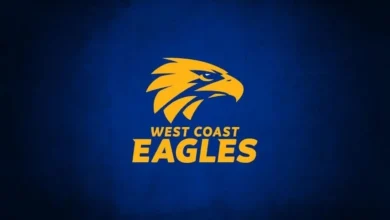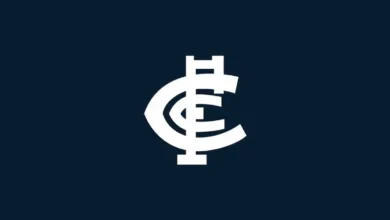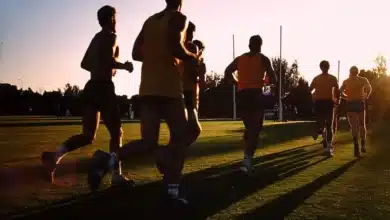The History Of The Fremantle Dockers Football Club
The History Of The Fremantle Dockers Football Club
The history of the Fremantle Football Club, affectionately known as the Dockers, has carved out a storied legacy since its inception into the Australian Football League (AFL). It was founded in 1994, the club quickly became a beacon of pride for the vibrant city of Fremantle and its passionate supporters. From its early struggles to establish itself among the AFL’s elite to thrilling finals appearances and the nurturing of iconic players, the Dockers’ journey is a tale of perseverance, community spirit, and the enduring pursuit of excellence in Australian rules football. Come along as we uncover the captivating history and pivotal moments that have shaped the Fremantle Football Club.
The Fremantle Football Club was founded in 1994 and competes in the Australian Football League.
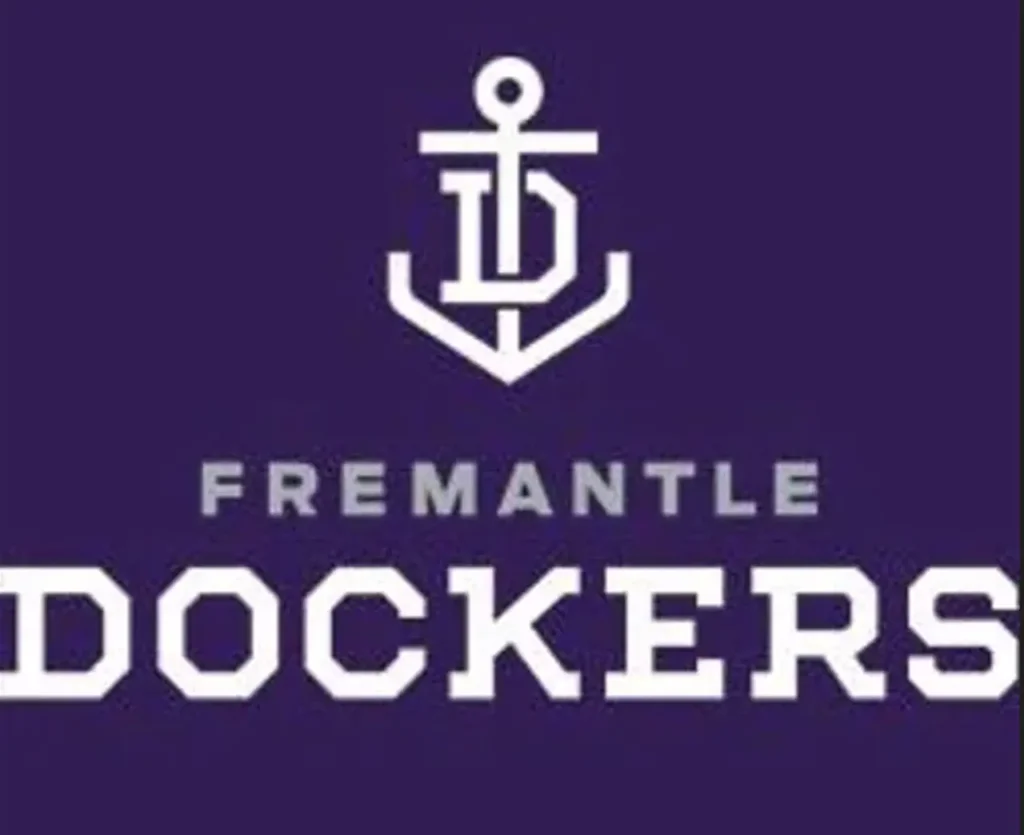
The Freo Dockers, as the club is known, are a proud men’s football team captained by Alex Pearce, coached by Justin Longmuir and playing at Optus Stadium, a 60,000-seat stadium in Perth, WA.
Since the AFL Women’s League began in 2017, Fremantle has also had a team. Hayley Miller is the captain and Lisa Webb is the coach. The women play on the Fremantle Oval, which has been the home of Fremantle football since 2017.
Aaron Sandilands, former ruckman and 271-gamer, is a notable player in the history of the club. Nat Fyfe has won three Doig Medals and two Brownlow Medals. In 2013, the men’s team played in the Grand Final against Hawthorn and made club history.
Kiara Bowers is the undisputed star of Fremantle’s AFLW squad, having won three Fairest and best medals and the league’s Best and Fairest for 2021.
After the 2021 season, the Club released a Strategic Plan with ambitious goals that aim to win its first AFL Premiership and AFLW by 2025.
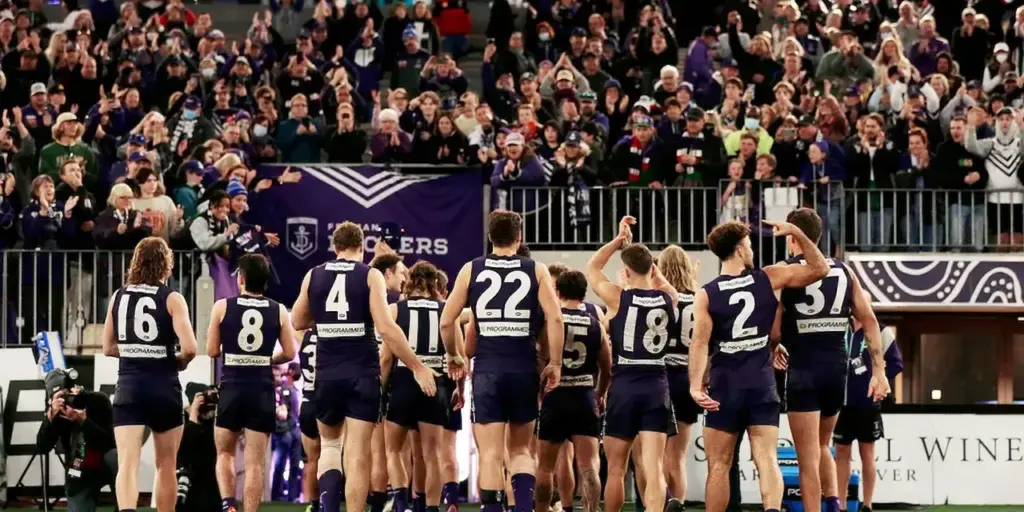
Early Years (1993-2006)
Fremantle’s players warm up before a match in the original club guernsey.
The West Coast Eagles were formed in 1987, even though Australian Rules Football has a long history in Fremantle. There were soon negotiations between WAFL teams East Fremantle & South Fremantle regarding the formation of a WA-based VFL team, in a joint venture. A second WA franchise could not be legally established until the 1992 season due to exclusivity clauses in the contracts between the West Coast Eagles, the VFL and the West Coast Eagles. The West Australian Football Commission was also against the idea of a joint venture between two WAFL teams.
The AFL announced on 14 December 1993 that a new Fremantle-based team would join the league in 1995 under the name “Fremantle Sharks.” The WAFC had paid $4 million for the licence. The Fremantle Football Club, Fremantle Dockers, and their club colours of white, purple, green, and red were announced on 21 July 1994.
The Fremantle Football Club is based in the city of Fremantle, which is located in the southwestern part of Western Australia. Fremantle is situated at the mouth of the Swan River, approximately 19 kilometres (12 miles) southwest of Perth, the capital city of Western Australia.
While Fremantle itself is a port city with a rich maritime history and cultural significance, the Fremantle Dockers play their home AFL matches at Optus Stadium in Burswood, Perth, which is a short distance away from Fremantle.
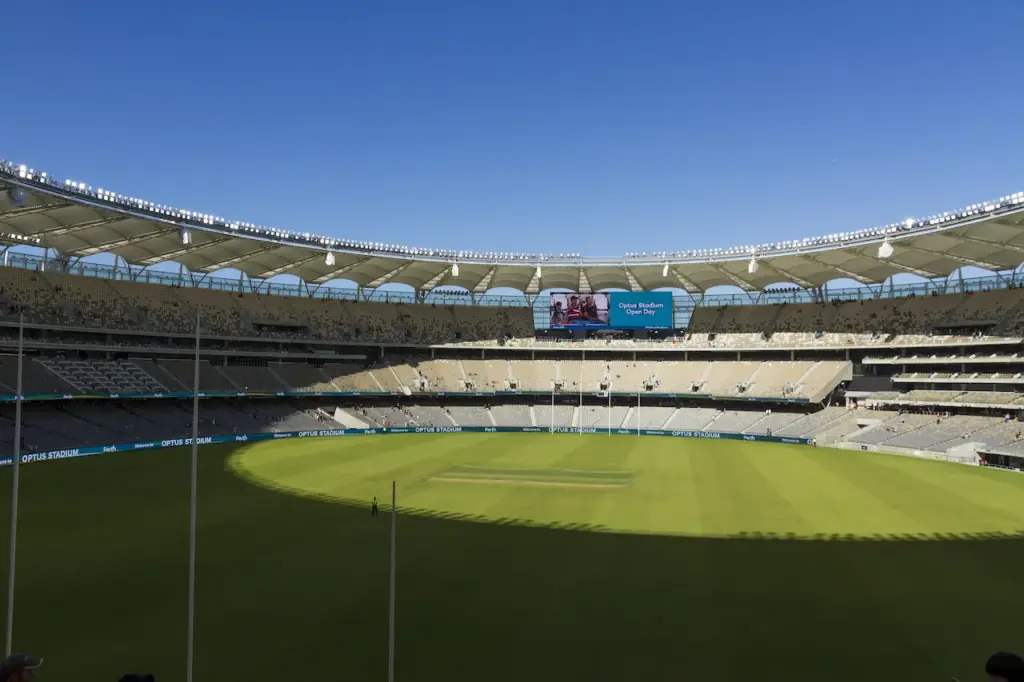
Fremantle Home Ground (Optus Stadium)
Optus Stadium, located in Burswood in Perth, is a symbol of sporting excellence and modernity in Western Australia. Optus Stadium is the home of the Fremantle Football Club and boasts over 60,000 seats. It also features modern facilities that enhance the fans’ experience. The stadium’s striking architecture and stunning views of the Swan River, Perth skyline and the city provide a thrilling backdrop for AFL matches.
The Fremantle Football Club is very proud to play at Optus Stadium, their home ground. Dockers fans are always there to support the club and they bring their best game every time. Fremantle players use the energetic stadium atmosphere to fuel their competitive spirit. Optus Stadium is a place where teamwork, strategy and the spirit of Australian Rules Football are celebrated.
Optus Stadium is a hub for community engagement. It hosts events that bring together fans and create a sense of belonging in Perth’s diverse communities. Fremantle Football Club is present at Optus Stadium to ensure that every matchday is filled with athleticism, passion and unforgettable moments.
Fremantle Premiership Success:
The Fremantle Football Club has not won an AFL premiership. They have made one AFL Grand Final appearance in their history, which was in 2013. In that Grand Final, Fremantle faced Hawthorn but were defeated by 15 points. Therefore, Fremantle has not yet won a premiership in the AFL.
Finals Appearances:
The Fremantle Football Club has played in a total of 19 AFL finals matches. These final appearances are distributed as follows:
- 1995: 1 final
- 2003: 3 finals
- 2006: 2 finals
- 2010: 2 finals
- 2012: 3 finals
- 2013: 4 finals (including Grand Final)
- 2014: 4 finals
Achievements and Milestones:
- First Finals Appearance: In 2003, Fremantle made their first finals appearance, marking a significant milestone in the club’s history.
- Grand Final Appearance: The Dockers reached their first and only AFL Grand Final in 2013, where they faced Hawthorn but were defeated. This achievement highlighted the club’s progress and competitiveness in the league.
These final appearances highlight Fremantle’s competitiveness in the AFL since its inception in 1995. They have consistently been a team that has qualified for finals series and has aimed to challenge for the premiership.
Fremantle remains committed to achieving further success in the AFL, aiming to build on their past achievements and secure their first premiership.
The Dockers are actively involved in community programs and initiatives, further embedding themselves in the fabric of Western Australian society.
Overall, the Fremantle Dockers have established themselves as a resilient and competitive team in the AFL, with a growing legacy and a dedicated fan base that continues to support them through their journey in Australian rules football.

